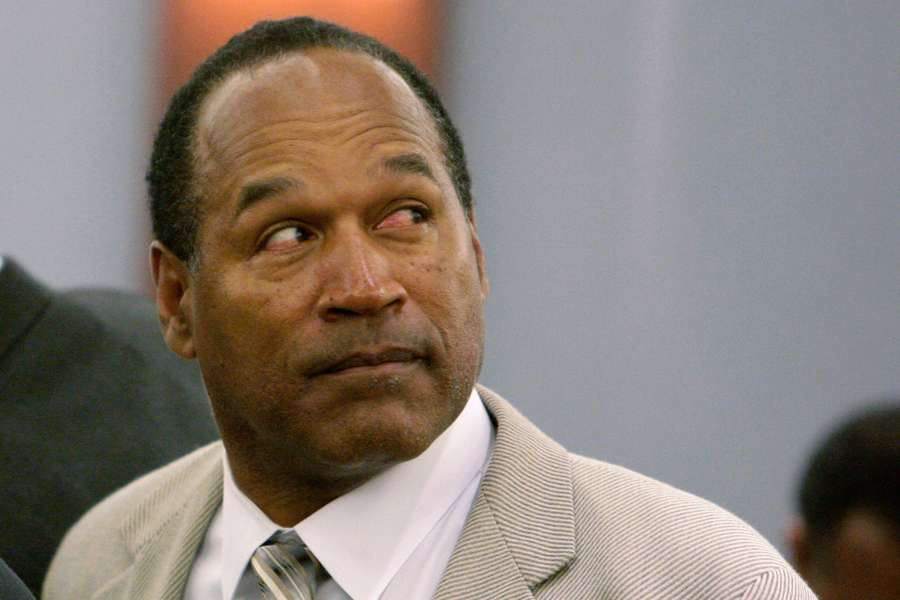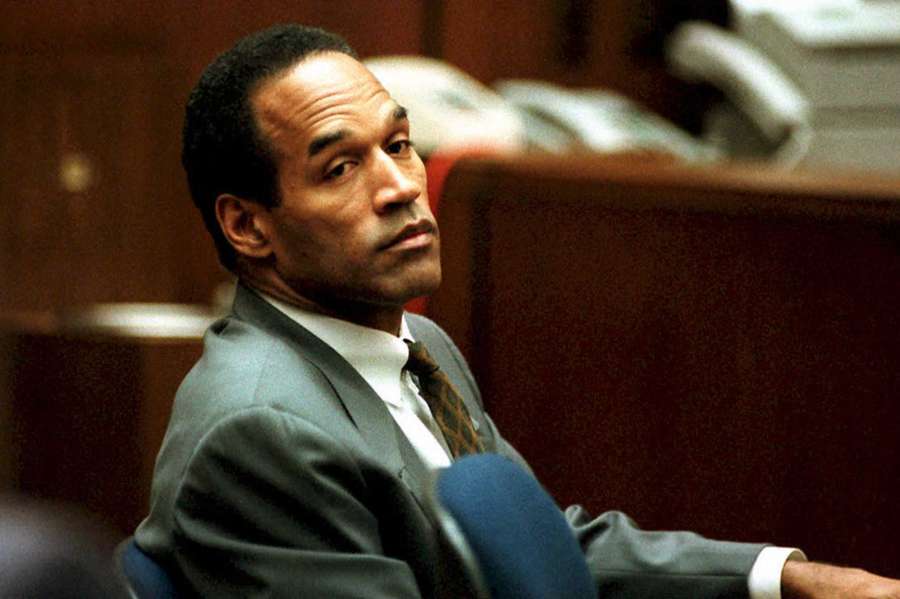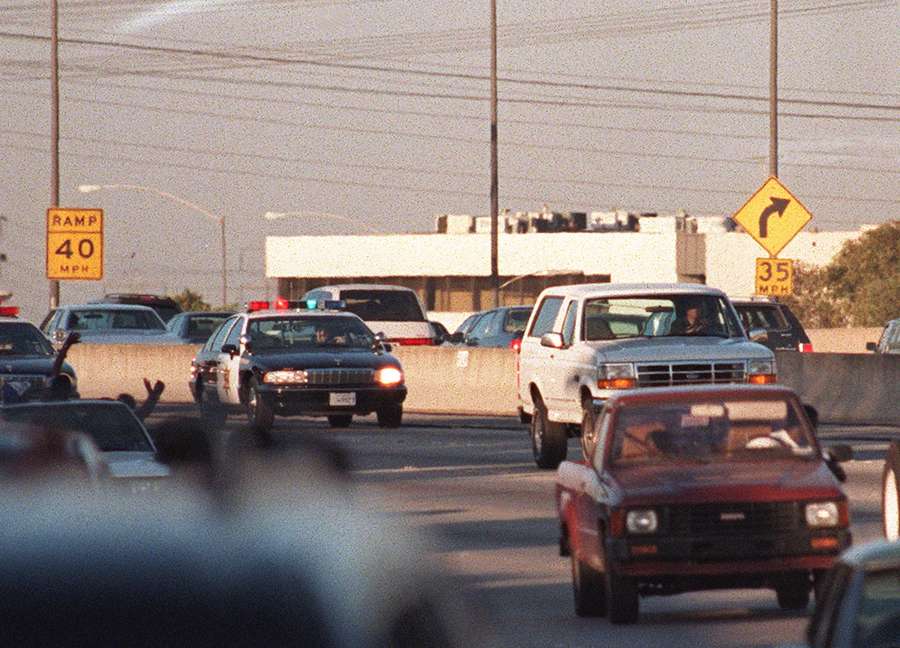Former NFL player O.J. Simpson dies aged 76 after cancer battle

"Our father, Orenthal James Simpson, succumbed to his battle with cancer" Wednesday, a message signed by the family said on social media site X.
"He was surrounded by his children and grandchildren. During this time of transition, his family asks that you please respect their wishes for privacy and grace," the message said.
Simpson had reportedly been battling prostate cancer.
Simpson grew up in severe poverty and ill health but developed into an elite athlete, rising rapidly to stardom first as a college football player and then in the National Football League, where he won the 1973 Most Valuable Player award.
His popularity only grew with a post-NFL career as an actor and an ad pitchman, where his appearances promoting everything from orange juice to car rentals made him one of the most recognizable Black faces in the country.
His work with Hertz in particular, where he was shown sprinting through airports while wearing a three-piece suit, became part of pop culture folklore.
Fame turns to infamy
But fame turned to infamy after the savage murders of his ex-wife Nicole Brown Simpson and her friend Ron Goldman in a suburb of Los Angeles.
The long, televised police chase to apprehend O.J. Simpson and the extraordinary subsequent trial featuring high-octane lawyers and allegations of racism were watched by millions on television.

His acquittal in October 1995 after a nine-month trial was greeted with disbelief by many Americans who had followed every twist and turn in the arguments over details as intricate as whether a pair of gloves really fitted the former athlete's hands.
Public views on whether "The Juice" was guilty or innocent divided sharply along racial lines.
And although allowed to walk free, there was no happy next chapter for "O.J.," as he was almost universally known.

Simpson was subsequently found liable for the deaths in a 1997 civil suit and was ordered to pay damages totaling $33.5 million to the families of the victims.
He also served nearly nine years in prison for a bungled armed robbery, before a parole board in the western state of Nevada approved his release in 2017.
But the public's fascination never entirely waned.
"O.J.: Made in America," a nearly eight-hour documentary about his murder trial, won the best documentary Oscar in 2017.
And "The People v. O.J. Simpson: American Crime Story," a television mini-series starring Cuba Gooding Jr as the athlete, won multiple Emmy awards in 2016.
On February 9 this year, Simpson posted a video on X dismissing reports that he was in hospice care.
Broadcasting from the driver's seat of a car, he said: "You talking about hospice?!"
"No, I'm not in any hospice," he said with a laugh. "I don't know who put that out there but whoever put that out there, I guess it is like the Donald (Trump) says, 'Can't trust the media.'
"In any event, I'm hosting a ton of friends for the Super Bowl here in Las Vegas. All is well. So hey guys, take care, have a good Super Bowl."

